The world is an exceptional place – and a scary one too, at times. While no one likes to think of traveling as a cause of tension, doing the globetrotter requires you to leave your naivety back home. There’s different types of safety when it comes to traveling: a mental, a physical and a material one. In this article, we’ll go through some useful tips to ensure you a peaceful and secure nomadic experience. And if somethings sounds just too dramatic, remember that it’s better to feel safe than sorry.
Before departing
1- Avoid booking scams
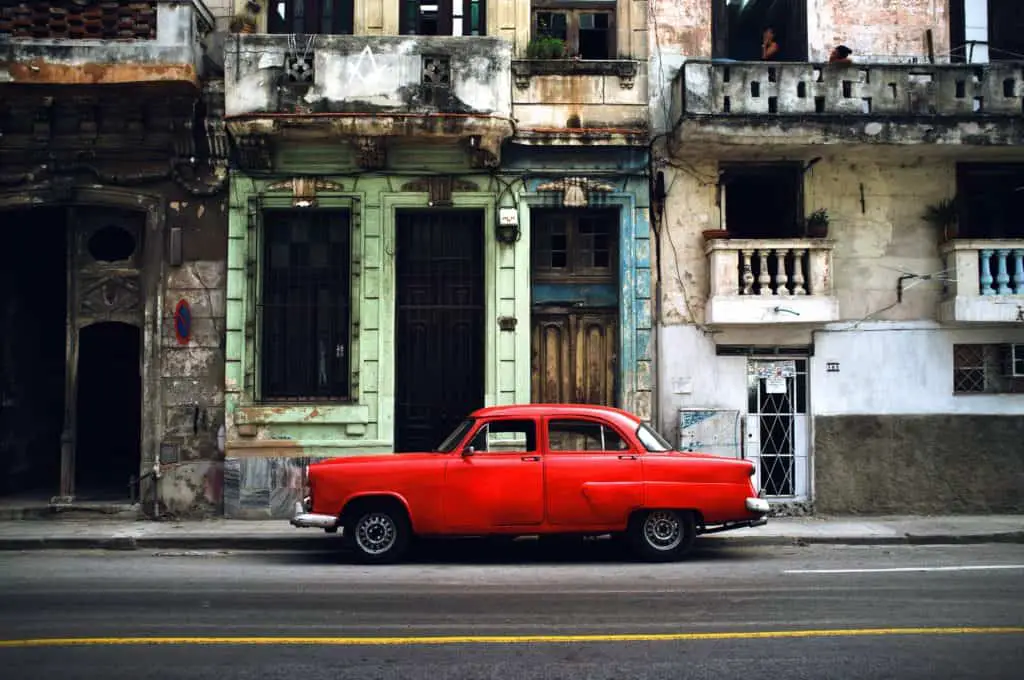
If you plan to crash in random hostels as you go, this point does not pertain to you. But if you’re more of an organizer than a carpe diem type of guy, you’ll be booking your stays in advance. The Internet is a tank full of sharks and some people will unashamedly take advantage of you. I saw a friend losing more than 400 euro over a too-good-to-be-true rental. One google research later, it got clear that there was no such apartment at the provided address – and the phony landlord had already ghosted him.
Don’t trust private listings on unknown platforms when it comes to accommodations. If the pictures of the place look like straight out of a catalog, be suspicious. Always try to book rooms and apartments that already come with reviews from previous travelers and tenants. Try to use widely known websites like Airbnb, Booking, Hostelworld, or go for Coliving options. Avoid platforms that do not allow you to have direct contact with landlords, such as Uniplaces or Spotahome – you’ll be in for disappointing surprises and I promise you, third parties won’t be of any help. Do not hand in money without a signed agreement: no matter how nice the “landlord” sounds, you’re giving out unrecorded, volatile money to someone you don’t know! Don’t give out personal information right away and trust your instincts. If something feels shady, it probably is!
2- Traveling: dealing with stops, overstops and swappings
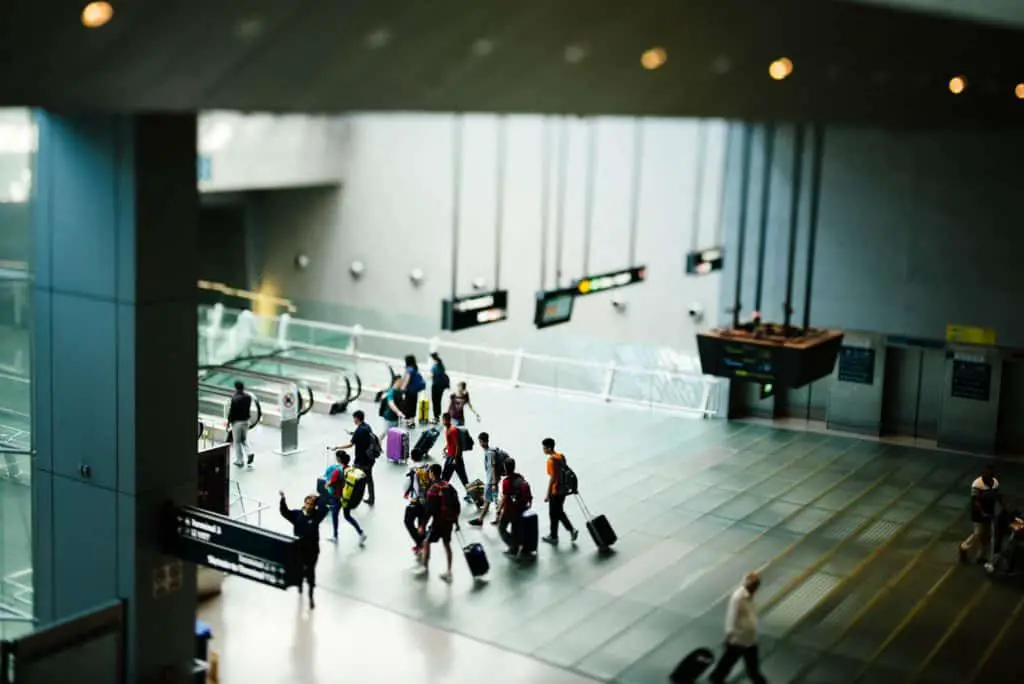
When you’re swapping lots of vehicles or traveling long-haul, it’s a good idea to keep track of eventual delays and cancelations, as well as allowing a window of time in-between swappings. If you book things in advance you don’t want to miss a bus or a train because your flight got delayed! It’d be a major cause of unnecessary stress. Also, try to find a balance between low budgeting and going overboard with comfort – I understand you want to spend as little as possible, but booking stopovers flights and having waiting times of over 20 hours is of no good for your physical and mental strain.
3- Make a copy of your documents, and a copy of a copy, and…
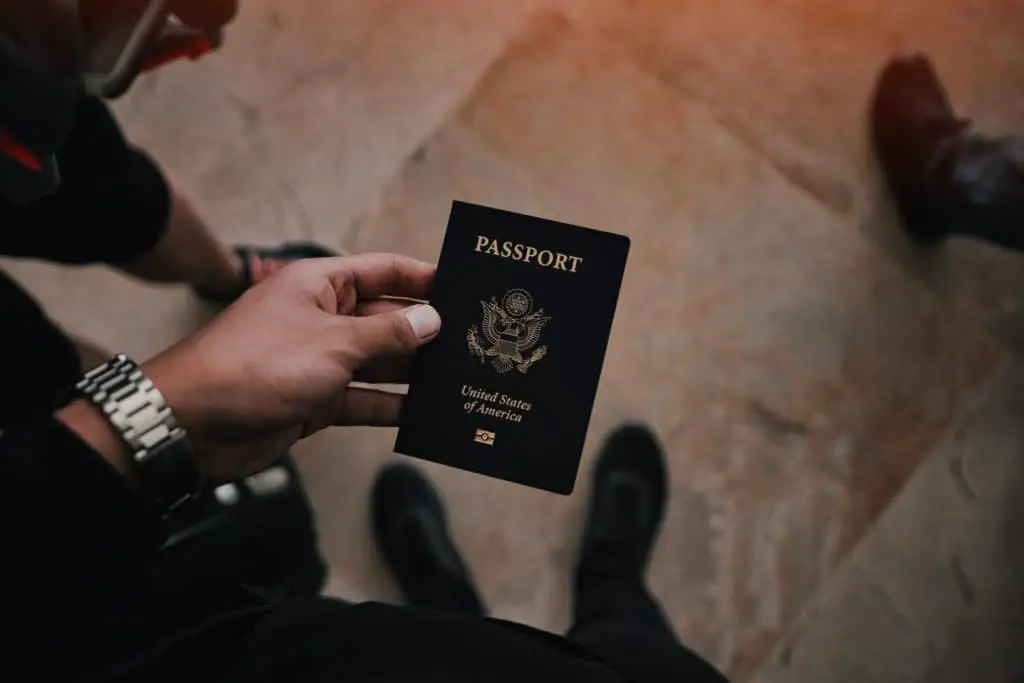
Alright, one copy of your documents might be enough. But still, don’t forget about it before leaving. It’ll make your life easier in case you lose your personal documents, or get robbed of them. With a copy of your passport, you can get a new one issued at the nearest embassy pretty easily. Same things if you happen to lose your credit cards – having a copy of your card (back and front) will help you deal with your bank about the issue.
Store the physical copies in a different bag than the one where you keep the original documents. Imagine you put everything in one bag – and a thief gets a hold on both the originals AND the copies. It’d be a bit ironic, if you ask me. One thing that always helped me was storing a digital copy of my passport in my email or in the cloud. That way, even if I left my original copies back at the accommodation, I could simply take out my phone and identify myself upon request.
4- Self-defense products: time to kick some butts

Honestly, if you can, I’d recommend you to attend a self-defense class – whether you travel or not. I’d say being a female solo traveler makes things harder – and that would be totally true. But danger can chase anyone, regardless of the gender, and of the destination. Pepper sprays and kubotan keychains would have spared me lots of fear, or at least helped me gain confidence all those times I got chased down dark streets. Of course, if you travel by bus, car or train, you won’t have a problem bringing self-defense items with you. But what about planes? While some self-defense items are illegal in carry-on luggage, they’re still allowed inside checked bags. In case you’re traveling light but still planning to fly, there are a few self-defense products you can put into your backpack – like a flashlight under 7 inches or loud alarm keychains.
5- Do some stalky research
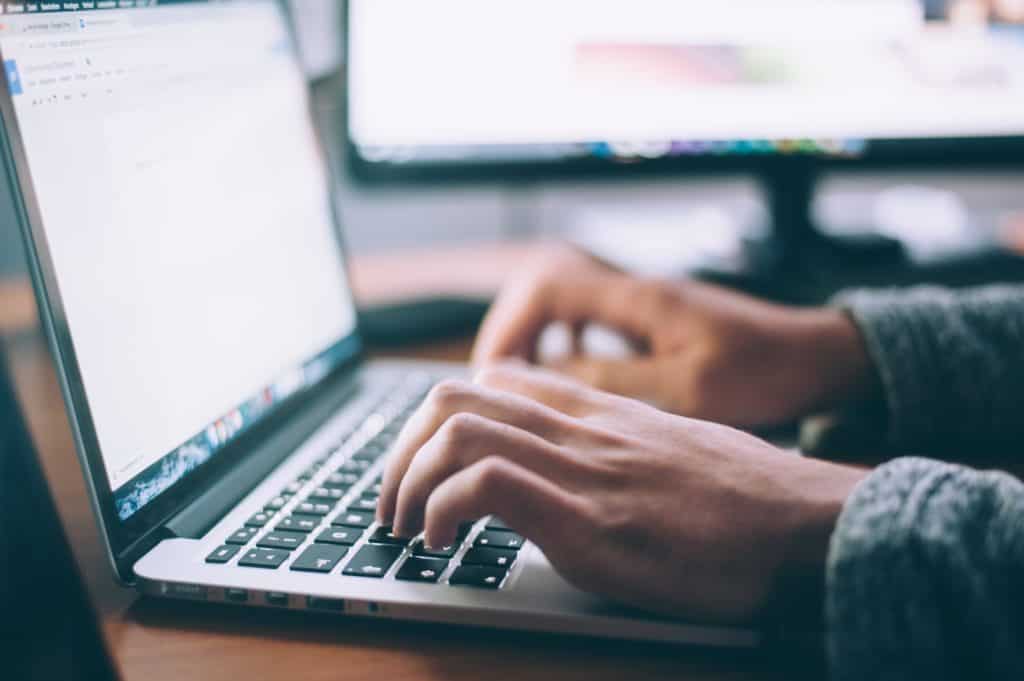
Always do a little bit of stalking on your next destination before departure. While many countries look safe on paper, there can still be risky areas and districts. Browse through the thousands city guides and forums online and pay attention to where you book your stay. Don’t forget to check the social and political status of the country of destination – your government might discourage you to travel in case of conflicts, wars or inside tensions.
6- Health and Travel insurance: don’t skip it

I know you’d love to postpone this boring bureaucracy, but chances are you’ll never get around it if you don’t do it right away. What’s the harm? Well, hopefully, none; potentially, it literally could be a lot. Take it from me, a naive girl departing from a land of public health care system and taking it all for granted. Even worse: a girl who’d never had an accident before – and yet, still ended up breaking her arm on the first solo travel. Talk about Murphy’s law!
Since we’re on that – you might want to get travel insurance as well. While health insurance focuses mostly on your physical well being, travel insurance concerns pragmatic issues, such as lost luggage, delays, thefts and so on.
Luckily, there are insurance plans including both traveling and health matters. To avoid all the fuss, I recommend getting a hold on international health insurance customized for nomads. Make sure to check the possible limitations and clauses of the insurance, and be certain of the coverage they provide.
Finally, always google up the overall hospital conditions of your destination, as well as the health system and the availability of pharmacies.
7- Proper Vaccinations (even when you don’t want to)

Always check if your next destination requires you to get proper vaccines, and control what vaccinations are recommended for travelers. As a general rule, you should undergo a vaccination at least 4-6 weeks before departure. No need to become all paranoid. Sometimes, vaccinations are simply recommended and not compulsory; other times, it’s a matter of taking meds instead of getting a shot.
Once you reach your destination
1- Be aware of your surroundings – and of having a few too many 🙂

There’s no shame in wanting a nomadic selfie, or in getting too caught whilst looking at the ultimate sunset. But there’s a middle point between soaking it all in and acting too paranoid. I don’t want to spoil your travel – but someone might be out there just to do that! Keep your guard up when you walk through crowded places, don’t get too distracted if something looks potentially fishy and listen to your own instinct!
Obviously, I encourage you to mingle with the locals and have as much fun as you can when you travel! However, try to maintain a minimum control over any situation, as in: avoid sketchy strangers, avoid alcoholic blackouts, be sure you know your way back home, keep your belongings always strapped to yourself.
2- Scams, scams everywhere!
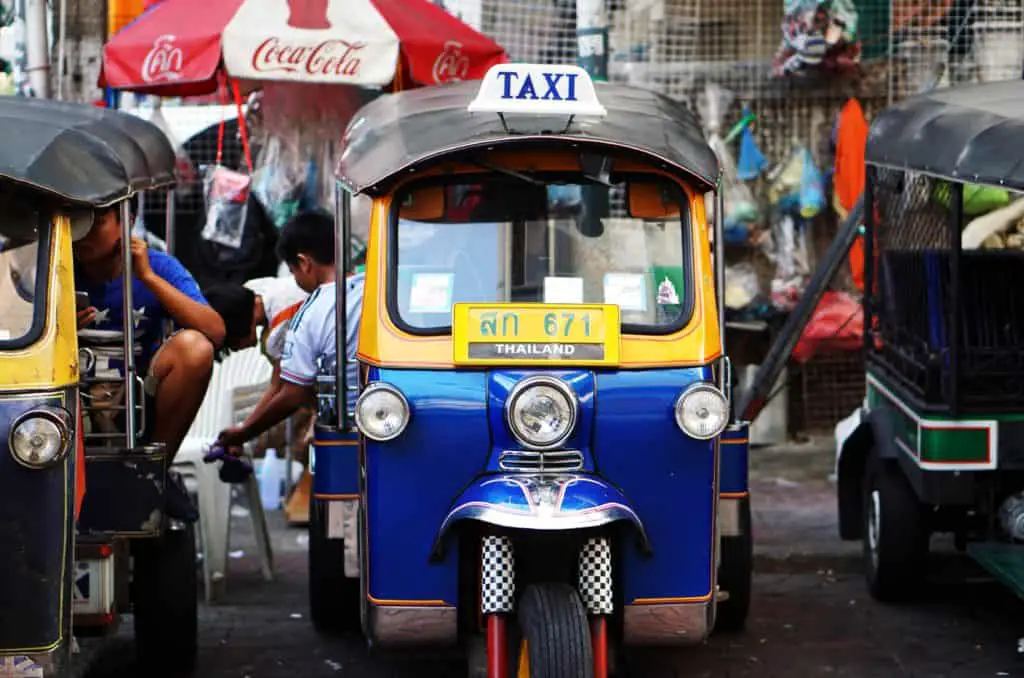
It’d be nice to believe that the world is a snuggly candyland; truth is, it’s a place full of foxes. Scammers have a huge repertoire up their sleeves. Like when you’re catching a taxi, but the meter is inexplicably broken; or when a “helpful local” spots you aimlessly wandering around and offers to give you a tour; or when a passerby casually proposes you hand him your camera so he can take a picture of you in that famous landmark.
Being a people pleaser myself, I always have a hard time saying “NO”. But getting outsmarted can come with a painful price. In general, step away from extremely nice yet unexpected offers on the streets and shady behaviors.
3- The importance of contacts – both mum and emergency ones!
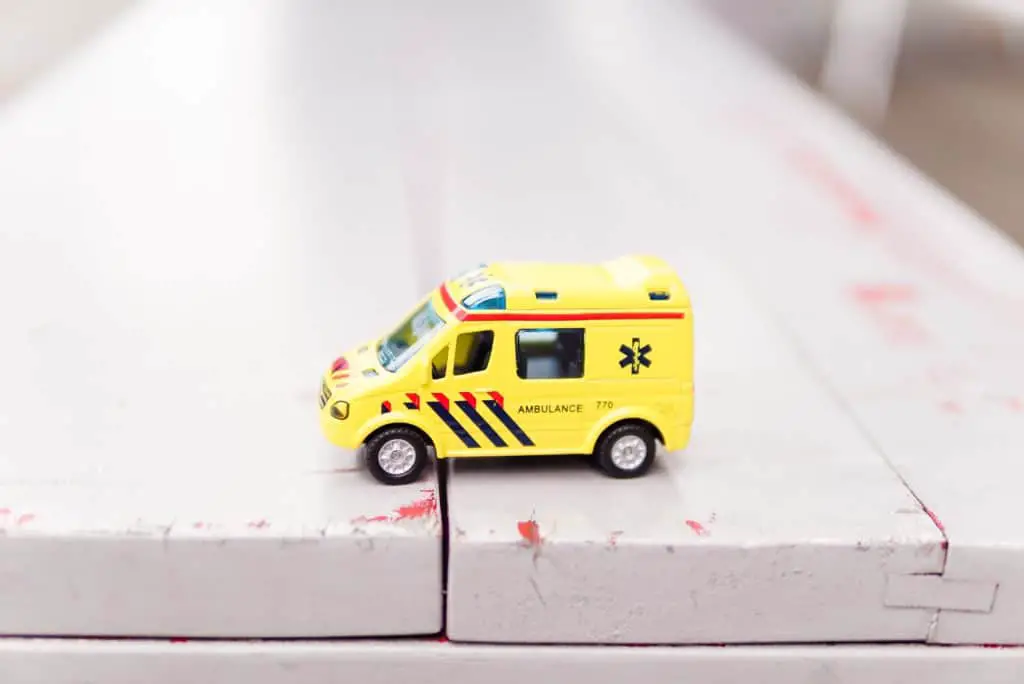
On top of greetings and hugs, leave your loved ones with a general idea of your future itinerary – especially if you plan to move around a lot. Keep in contact with relatives and friends, so that they can know you’re all in one piece. It doesn’t have to be a stalking-like situation, but if you communicate your movements rather frequently, chances are that someone will notice right away if you get in trouble.
Besides that, make sure to note down the emergency info of your destination – such as police numbers, hospital numbers and so on. In case of an accident, you might be too clouded and panicky to google up stuff, and you may need to act quickly as well. If you’re curious, Wikipedia offers an entire list of emergency contacts for all countries.
5- Manage your precious belongings better than Gollum
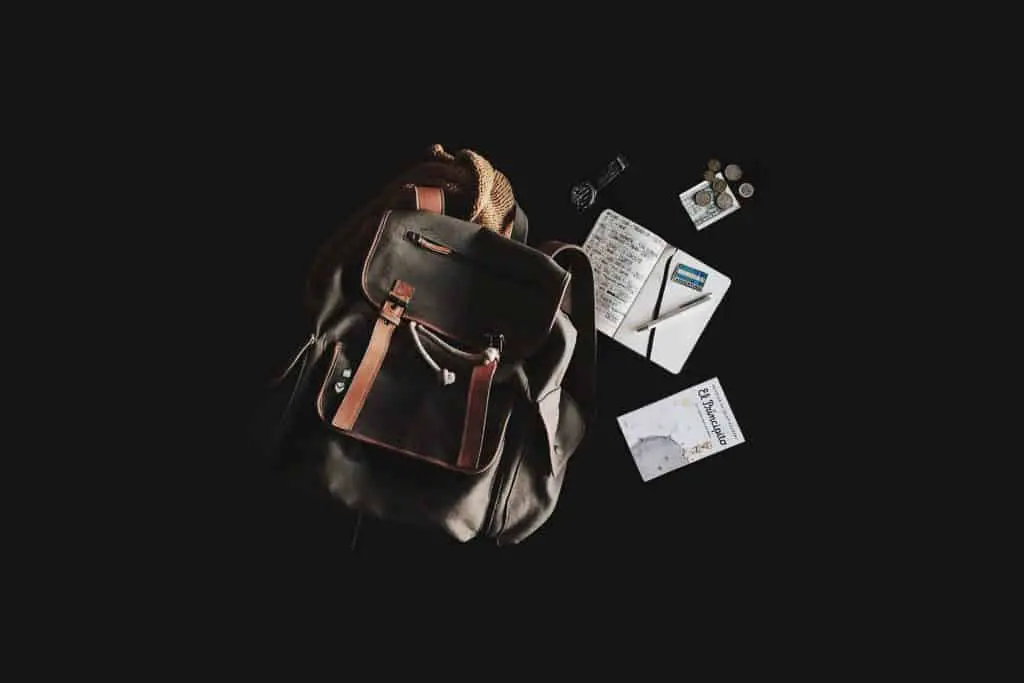
It takes only a second for a skilled thief to open up your pocket and blend in the crowd. Consider getting an anti-theft backpack – I’m such a less paranoid woman now that no one can scavenge into my bag anymore. Moreover, I recommend choosing jackets with inside pockets; and please, don’t even dare using the back pocket of your trousers. Instead, get a fanny pack or a neck wallet!
Check if your accommodation has a safe option to store your valuable belongings, so you may avoid going around looking like a prize.
READ MORE: Best backpacks for digital nomads6- Food, water, or cyanide?

Local diners and street food stands can be the top-notch restaurant choices when traveling. So don’t be too shy about that. However, the danger of food poisoning is always around the corner when your tummy is as weak as mine. Stock up on mild medications and keep hydrated. Avoid empty restaurants and take a peek on the overall hygiene conditions of the places you pick. Research on the safety of public water in your destination of choice. It might be just fine, but a filtered water bottle can make it even better. And just to be extra sure those evil bacteria have no chance, how about a good hand sanitizer to squeeze into your bag.
7- Always peek into the piggy bank

Hands up if checking your bank account gives you major anxiety. Well, now that my fingers are back on the keyboard, let me just spit it out. The truth hurts; but this one, it’s a truth you must face. Keeping track of your expenses will prevent you from getting unpleasant surprises. It’s easy to get carried away when in a new country. But as a digital nomad, you’re not just simply traveling – you’re building a life abroad, and you’ll need to always have an idea of how to manage your budget. You can take advantage of budgeting apps to keep track more easily!




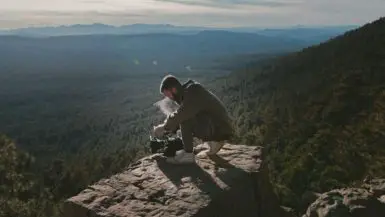


I like your transportation tips. I need to get a bus rental. We plan on going across the country.